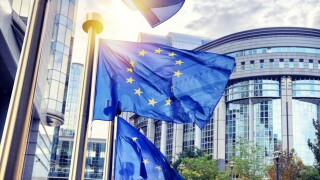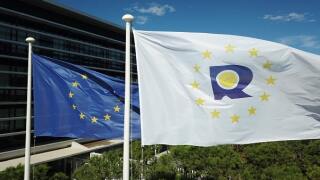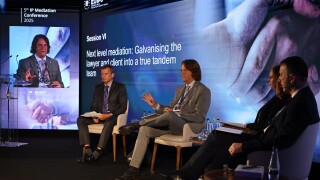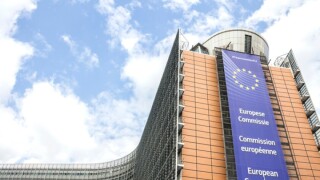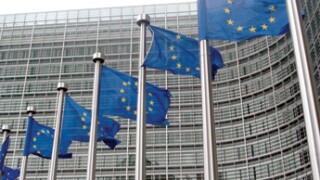European Union
Controversial plans were scrapped by the Commission earlier this year after the Parliament had previously backed them
The EUIPO is keen to stress the benefits of mediation as a means of resolving IP disputes, but do roadblocks remain?
Speakers at the EUIPO’s IP Mediation Conference discussed how lawyers can act in tandem with clients during mediation, and the importance of showing a united front
In the second instalment of our data-led special reports, Managing IP speaks to the most prolific representatives for REUDs on how they manage their team and filing strategies
Recently published Special Focus articles
Recently published Special Focus articles
-
Sponsored by InspicosUnder the exceptional circumstances caused by the COVID-19 pandemic, the EPO has postponed all oral proceedings in opposition scheduled for the rest of the year. Only oral proceedings already scheduled to take place by videoconference or to be held by videoconference with the parties' consent will take place this year. Oral proceedings in examination are still being held by videoconference whilst oral proceedings in appeal in principle still take place as scheduled.
-
Sponsored by InspicosThe Enlarged Board of Appeal of the EPO (EBA) has recently issued opinion G 3/19, which concludes that plants and animals exclusively obtained by “essentially biological processes” are exempt from patentability. This finding only affects patents derived from patent applications filed after July 1 2017.
-
Sponsored by InspicosAt the beginning of 1998, the EPO began allowing oral proceedings to be held as a video conference (OJ EPO 1997, 572). Video conferencing was only available for oral proceedings held before an examining division, i.e. prior to grant of the European patent. Oral proceedings before examining divisions are more suited to video conferencing as they are usually shorter and less complex than opposition oral proceedings, they are not open to the public, and only one party is present (the patent applicant).
